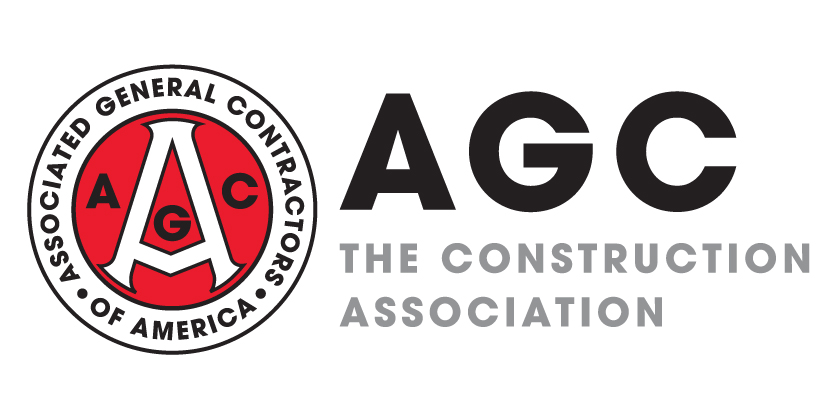
Wednesday, April 7,2021
Houston-The Woodlands-Sugar Land and Odessa, Texas Have Worst 12-Month Employment Losses; Sacramento--Roseville--Arden-Arcade, Calif. and Sierra Vista-Douglas, Ariz. Top Ranks of Job Gainers
Construction employment decreased from February 2020 to February 2021 in 236 of the nation’s metro areas, according to an analysis by the Associated General Contractors of America of government employment data released today, amid project cancellations, rising material prices and supply chain problems. Association officials said that the industry will struggle to add jobs in the future if a series of proposed new labor laws, including the PRO Act, were to be put into law by the current Congress and administration.
“Relatively few places have recovered from the pandemic-induced impacts on the construction industry,” said Ken Simonson, the association’s chief economist. “Project cancellations, spiking materials prices and significant supply chain challenges are making it hard for most firms to add new construction jobs compared to a year ago.”
Houston-The Woodlands-Sugar Land, Texas lost the largest number of construction jobs over the 12-month period (-37,600 jobs, -16 percent), followed by New York City (-26,700 jobs, -17 percent); Chicago-Naperville-Arlington Heights, Ill. (-12,900 jobs, -11 percent) and Midland, Texas (-11,600 jobs, -31 percent). Odessa, Texas had the largest percentage decline (-40 percent, -8,200 jobs), followed by Lake Charles, La. (-39 percent, -7,700 jobs); Midland; Longview, Texas (-23 percent, -3,400 jobs) and Laredo, Texas (-23 percent, -900 jobs).
Only 83 metro areas added construction jobs during the past 12 months, while construction employment was stagnant in 39 metro areas. Sacramento--Roseville--Arden-Arcade, Calif. added the most construction jobs over 12 months (3,100 jobs, 4 percent), followed by Seattle-Bellevue-Everett, Wash. (2,800 jobs, 3 percent); Ogden-Clearfield, Utah (2,800 jobs, 14 percent) and Boise, Idaho (2,700 jobs, 10 percent). Sierra Vista-Douglas, Ariz. had the highest percentage increase (40 percent, 1,000 jobs), followed by Cleveland, Tenn. (16 percent, 300 jobs); Lawrence-Methuen Town-Salem, Mass.-N.H. (15 percent, 500 jobs) and St. George, Utah (15 percent, 1,300 jobs).
Association officials cautioned that federal officials are considering a host of measures that will not only undermine proposed new infrastructure investments, but also make it harder for firms to add new employees. Foremost among those challenges are the PRO Act, which would unleash a new wave of labor instability. The measure would likely lead to a host of new strikes and jobsite disruptions that will make it hard for firms to add new employees.
“It will be hard for firms to add new employees if they have no idea whether the jobs they are working on will be shut down because of the wide range of labor actions encouraged by the PRO Act,” said Stephen E. Sandherr, the association’s chief executive officer. “New infrastructure investments will certainly help the industry, but our members won’t be able to build back better if the work is mired in labor uncertainty.”
View the metro employment 12-month data, rankings, top 10, multi-metro division, and map.
CONTACT: Brian Turmail (703) 459-0238, brian.turmail@agc.org




